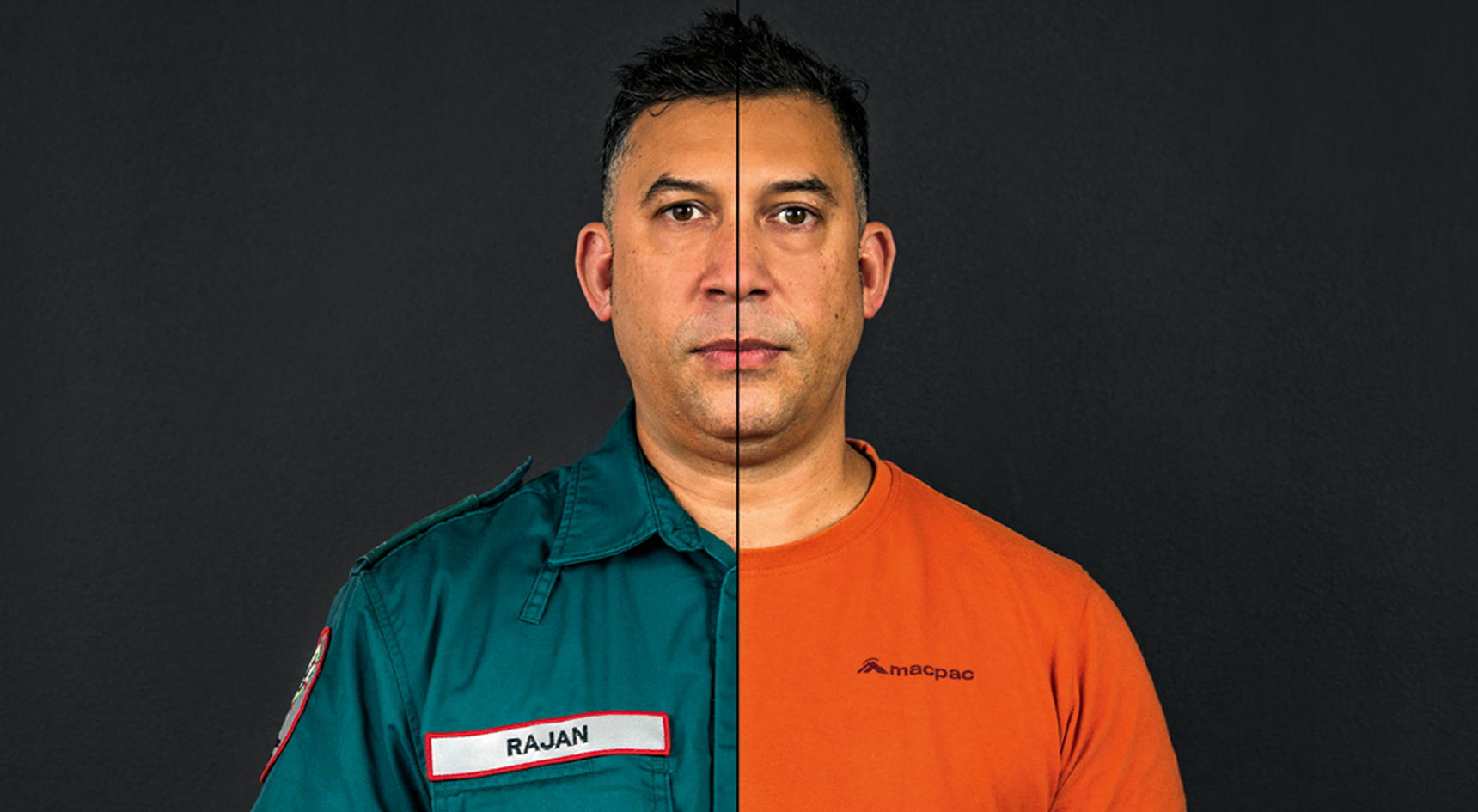Why crowd-sourced petrol apps can’t always be trusted
 If you’ve ever searched for cheap petrol or diesel online, you’ll probably have encountered a slew of apps and websites claiming to offer prices in real-time.
The problem, however, is that many of these apps are crowd-sourced, meaning they rely on data inputted by a varying combination of retailers, private companies and the general public.
This can lead to significant inaccuracies and price delays, as experienced first-hand by a Barossa fuel retailer.
Angaston Motors recently took to Facebook to voice their concerns, claiming someone had inaccurately upped their prices in a popular fuel pricing app – and that it wasn’t the first time it had happened.
Appearing on the Cheap Fuel Adelaide page, the post generated over 20 comments, the most popular arguing that publically updated apps are only as reliable as the people who use them.
If you’ve ever searched for cheap petrol or diesel online, you’ll probably have encountered a slew of apps and websites claiming to offer prices in real-time.
The problem, however, is that many of these apps are crowd-sourced, meaning they rely on data inputted by a varying combination of retailers, private companies and the general public.
This can lead to significant inaccuracies and price delays, as experienced first-hand by a Barossa fuel retailer.
Angaston Motors recently took to Facebook to voice their concerns, claiming someone had inaccurately upped their prices in a popular fuel pricing app – and that it wasn’t the first time it had happened.
Appearing on the Cheap Fuel Adelaide page, the post generated over 20 comments, the most popular arguing that publically updated apps are only as reliable as the people who use them.
How can we ensure prices are accurate?
RAA General Manager of Government and Public Policy, Jayne Flaherty, said the only sure-fire solution to this problem was the introduction of mandatory real-time petrol pricing. “Unlike crowd-sourced apps and websites, which rely on public input, mandatory real-time fuel pricing stipulates all service stations must provide real-time prices for their fuel,” she said. “Consumers have transparency to compare and track pricing in real-time, knowing that what they see online is what they’ll get at the bowser.”
Mandatory real-time fuel pricing stipulates all service stations must provide real-time prices.
Why hasn’t mandatory real-time petrol pricing been implemented in SA?
RAA has had numerous meetings with the government about mandatory real-time fuel pricing and was offered the opportunity to develop and manage its own fuel pricing database. Unfortunately RAA doesn’t have the expertise required to develop and manage the system. In states where mandatory real-time fuel pricing has been implemented, it has been done so by the government in collaboration with technology specialists.RAA has had numerous meetings with the government about mandatory real-time fuel pricing.
What’s happening interstate?
In the NT, NSW and QLD, real-time fuel pricing is already mandatory. Last financial year, the NT’s fuel pricing app – MyFuelNT – delivered cheap, accurate fuel prices to 216,848 motorists. Over in NSW, more than half a million people downloaded the state’s FuelCheck app – that’s a lot of savings at the bowser. Queensland was the most recent state to adopt mandatory real-time fuel pricing, having started a two-year trial model last December.
Queensland was the most recent state to adopt mandatory real-time fuel pricing.

